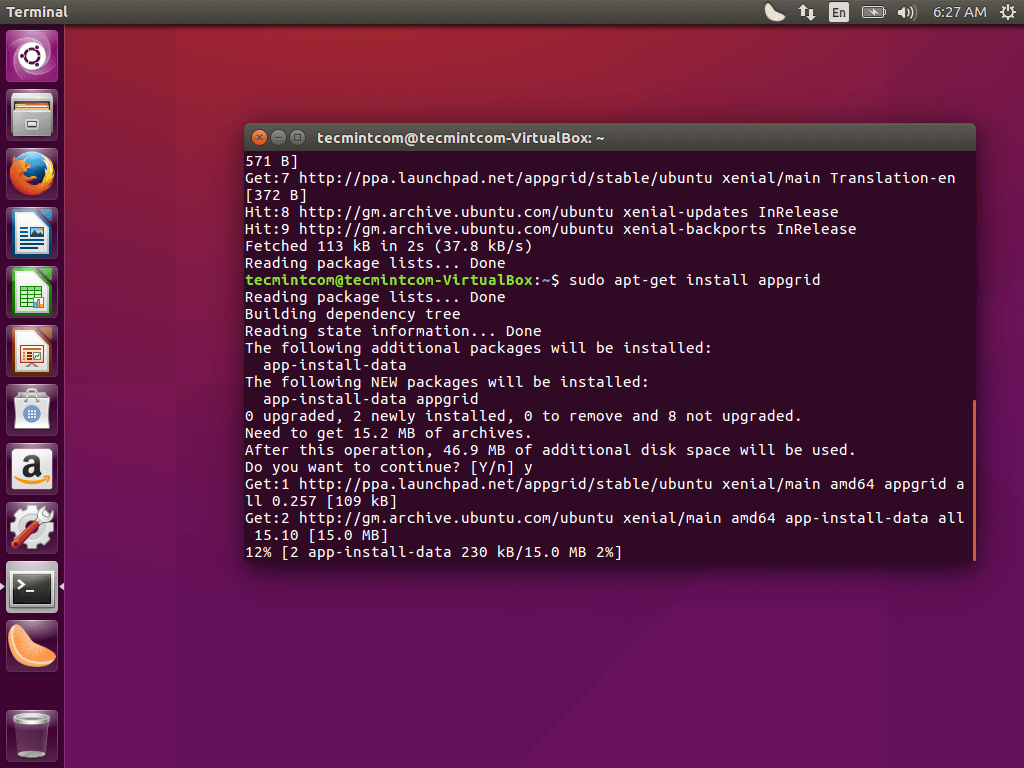

You'll find something like "ubuntu-12.04.4-desktop-amd64+mac.manifest" that matches your architecture.įor server versions you'll need to obtain the manifest file from the ISO that was used to install the original system.

To obtain the manifest file for desktop versions of 12.04 and newer, visit this site, choose your release, and scroll down below the CD images to the files section. There's a great explanation on Unix StackExchange that describes how to use aptitude to list packages not installed as dependencies, and how to compare that list with the list of default packages for your Ubuntu release. │ └── maarten-baert_ubuntu_simplescreenrecorder.gpg~ │ ├── maarten-baert_ubuntu_simplescreenrecorder.gpg │ │ ├── maarten-baert-ubuntu-simplescreenrecorder-vivid.list │ │ ├── anton_-ubuntu-dnscrypt-vivid.list It makes a simple gzipped tar file which can be easily edited and reviewed before restoring on the other machines. Restore to newer release: sudo apt-clone restore-new-distro path-to/ $(lsb_release -sc) Restore backup sudo apt-clone restore path-to/ Make backup sudo apt-clone clone path-to/apt-clone-state-ubuntu-$(lsb_release -sr)-$(date +%F).tar.gz

Ii alsa-base 1.0.25+dfsg-0ubuntu5 all ALSA driver configuration files Ii aisleriot 1:3.22.9-1 amd64 GNOME solitaire card game collection Ii adwaita-icon-theme 3.36.1-2ubuntu0.20.04.2 all default icon theme of GNOME (small subset) Ii adduser 3.118ubuntu2 all add and remove users and groups Ii acpid 1:2.0.32-1ubuntu1 amd64 Advanced Configuration and Power Interface event daemon Ii acpi-support 0.143 amd64 scripts for handling many ACPI events Ii acl 2.2.53-6 amd64 access control list - utilities Ii accountsservice 0.6.55-0ubuntu12~20.04.4 amd64 query and manipulate user account information The head command helps trim the output by displaying the first 1o lines of the output.Īnother way is to use the dpkg-query tool. We can pipe this output to the grep command, which selects the lines that match the word “install”. The – –get-selections gets a list of package selections and writes the output to stdout. To list the installed packages on our system: $ dpkg -get-selections | grep -w "install" | head


 0 kommentar(er)
0 kommentar(er)
